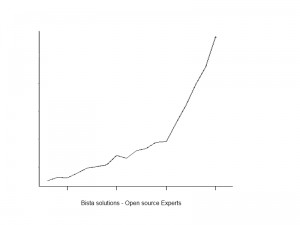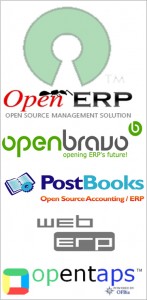Dell says Ubuntu is safer than Windows
Dell says Ubuntu is safer than Windows has a powerful booster in the never-ending debate over what OS is safest from malware and spyware: Dell.
Dell’s Ubuntu site has a “Top 10” list of “things you should know about Ubuntu.”
“The vast majority of viruses and spyware written by hackers are not designed to target and attack Linux. Windows will face the largest risk of malicious attacks so long as it commands the largest market share. If Apple or Linux were to overtake it, that OS likely would take over the top spot.I say “amusing” simply because if someone wants to do mischief, they can get into any system. Yes, Microsoft seems to face more serious attacks than Linux or other open-source operating systems or software, but a large part of that is scale. You can wreak much more havoc if you attack the system with the largest user base.malware that target Macs have reared their ugly heads.Symantec Security Response recently told Jeff Bertolucci of our sister publication, PC World, the biggest risk any system faces is from its user. If you download games or screensavers or apps from an unknown source and don’t do proper security scans and maintenance, you have a greater chance of running into problems.Ubuntu is safe / The vast majority of viruses and spyware written by hackers are not designed to target and attack Linux.”
Whatever the case, having a major computer-maker such as Dell touting the security of Linux is a coup and certainly gives those using the Ubuntu distro a certain degree of bragging rights. ”




